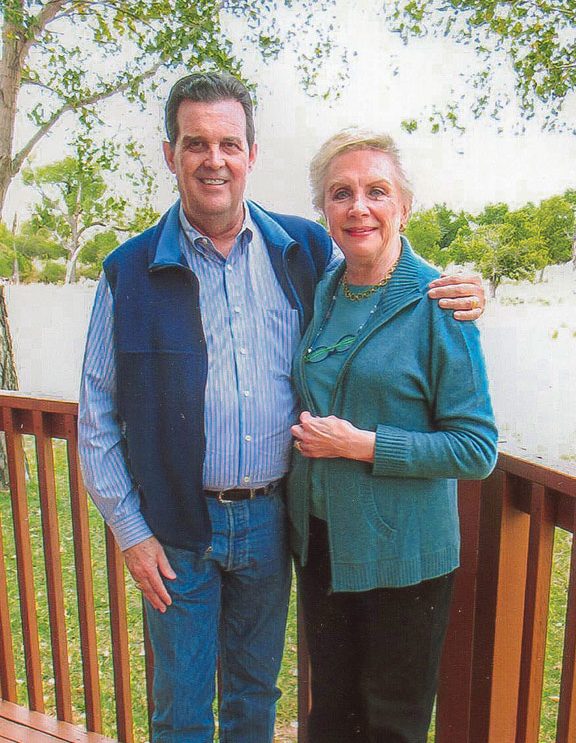Rev. William Nix ’63 believes in power of liberal arts education
To reinforce the importance of the English Department in particular, Nix and his wife, Nelwyn, established the Nelwyn and William D. Nix ‘63 Fund to provide financial support to faculty in the department.

By Allen M. Junek ‘18
As part of the Class of ’63, the last to bear the “Agricultural and Mechanical College of Texas” on their degree, Rev. William ‘Bill’ Nix’s choice to major in English was unusual. During the early 1960s, the English Department’s main purpose was largely thought to be to serve the core curriculum requirements, Nix said. In fact, he added, the only reason most students took English classes was because they were required to.
In his view, the excellence of the department then, and the value of a liberal arts education, are often underappreciated. The College of Liberal Arts plays an important role at Texas A&M University with more than 7,000 majors and the mission of developing critical thinking and communication skills in every undergraduate student in the university through core curriculum classes and hands-on learning experiences.

Newlyn and Rev. William Nix ’63
To reinforce the importance of the English Department in particular, Nix and his wife, Nelwyn, established the Nelwyn and William D. Nix ‘63 Fund to provide financial support to faculty in the department. Endowments like the Nix Fund drive significant research by providing funds for graduate assistants and travel, ensuring Liberal Arts faculty continue to be some of the most exceptional in the country.
Although Bill entered Texas A&M with dreams of becoming a doctor, his longtime love of literature drove him to change his major to English. As a liberal arts major, Bill took a plethora of courses spanning the humanities and social sciences, including English, sociology, history, philosophy, psychology, and even economics. The broad knowledge and skills he acquired would prove incredibly useful even after he graduated and went on to seminary.
“I found that one of the most satisfying things about my A&M liberal arts education was when I first went to seminary and happened to score higher on a GRE assessment than a rather competitive graduate from a liberal arts college up North. It really said a lot about the quality of the liberal arts education at Texas A&M,” Bill said.
Bill attended the Church Divinity School of the Pacific in Berkeley, CA, to begin his theological studies but, after his first semester, decided to return to Texas and serve in the U.S. Army. He believed “if one is really called to the priesthood, he or she won’t be able to resist it forever.” After his tour, he took up the reins as a fourth generation cattle rancher on his family’s property.
Several years later, Bill realized he couldn’t avoid his calling any longer. He attended The Seminary of the Southwest in Austin, TX, where he completed his theological studies and was ordained in 1974.
Bill recently retired from the priesthood and returned to work as a cattle rancher in Canadian, TX. He and Newlyn remain dedicated to the College and its mission to create students and citizens who are analytical and are skilled in a wide range of disciplines.
“[The liberal arts] allow you to think critically and to appreciate the values that are incorporated therein,” Bill said. “It ranks highly on our list of values, and we really try to support that in a meaningful way.”
Endowment funds are essential to the successful recruitment and retention of outstanding faculty in the College of Liberal Arts. To find out how you can make an impact, please contact Larry J. Walker II.
Check out more Donor Spotlights to see how giving can impact both you and the College of Liberal Arts.
Save
Save
Save
Save
Save
Save
Save
Save
